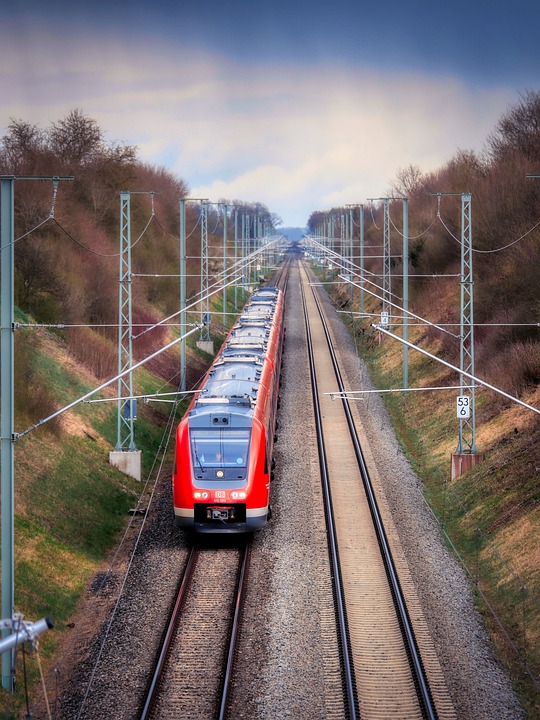Preserving Heritage, Promoting Progress: The Role of Culture in Regional Revitalization
In an ever-changing world where technology and globalization are rapidly transforming societies, it is more important than ever to preserve and promote cultural heritage. Culture plays a significant role in regional revitalization as it helps to create a sense of identity, community, and belonging. By preserving heritage and promoting progress through cultural initiatives, regions can attract tourists, stimulate economic growth, and improve the overall quality of life for residents.
Importance of Preserving Heritage
Heritage preservation is crucial for maintaining a link to the past and passing down traditions, customs, and values to future generations. By preserving historic buildings, monuments, artifacts, and sites, regions can showcase their unique cultural identity and history. This heritage can serve as a source of pride for residents and attract tourists who are interested in learning about the region’s rich cultural heritage.
Additionally, heritage preservation can stimulate economic growth by creating jobs in the tourism industry. Tourists are often attracted to regions with a strong cultural identity, leading to increased revenue for local businesses, hotels, and restaurants. By preserving heritage sites and promoting cultural events and festivals, regions can boost their tourism industry and generate income that can be reinvested into the local economy.
Promoting Progress through Culture
Culture plays a key role in regional revitalization by promoting progress and innovation. By investing in cultural initiatives such as art galleries, museums, theaters, and music festivals, regions can attract creatives, entrepreneurs, and innovators who contribute to economic growth and job creation. Culture acts as a catalyst for creativity and innovation, leading to the development of new ideas, businesses, and industries.
Furthermore, culture can improve the overall quality of life for residents by providing opportunities for education, entertainment, and social interaction. Cultural events and activities bring people together, creating a sense of community and belonging. By investing in cultural initiatives, regions can promote social cohesion, reduce social isolation, and improve mental health and well-being among residents.
Strategies for Preserving Heritage and Promoting Progress
There are several strategies that regions can implement to preserve heritage and promote progress through culture. One effective strategy is to establish heritage preservation programs that protect historic sites, buildings, and artifacts. These programs can involve partnerships between government agencies, nonprofit organizations, and community groups to ensure the preservation of cultural heritage for future generations.
Regions can also promote progress by investing in cultural infrastructure such as museums, galleries, theaters, and performance spaces. By providing artists and creatives with access to cultural venues and resources, regions can support the growth of artistic and cultural industries. This investment can attract tourists, stimulate economic growth, and create jobs in the creative sector.
Additionally, regions can promote progress through cultural education and outreach programs that engage residents in cultural activities and events. By providing opportunities for cultural participation, regions can foster a sense of community and belonging among residents. Cultural education programs can also educate people about the importance of preserving heritage and promoting progress through culture.
Case Study: Regional Revitalization through Cultural Initiatives
One successful example of regional revitalization through cultural initiatives is the city of Bilbao in Spain. Bilbao was once a declining industrial city but has transformed itself into a vibrant cultural hub through investments in cultural infrastructure such as the Guggenheim Museum. The museum has attracted millions of tourists to the city, stimulating economic growth and creating jobs in the tourism industry.
Bilbao has also invested in cultural education programs that engage residents in cultural activities and events. By promoting cultural participation, the city has created a sense of community and belonging among residents. Additionally, Bilbao has established heritage preservation programs that protect historic sites and buildings, showcasing the city’s unique cultural identity and history.
In conclusion, culture plays a vital role in regional revitalization by preserving heritage and promoting progress. By investing in cultural initiatives, regions can attract tourists, stimulate economic growth, and improve the overall quality of life for residents. Heritage preservation programs protect historic sites, buildings, and artifacts, while cultural infrastructure investments create opportunities for creatives, entrepreneurs, and innovators. By promoting progress through culture, regions can create vibrant, thriving communities that celebrate their unique cultural identity and history.
